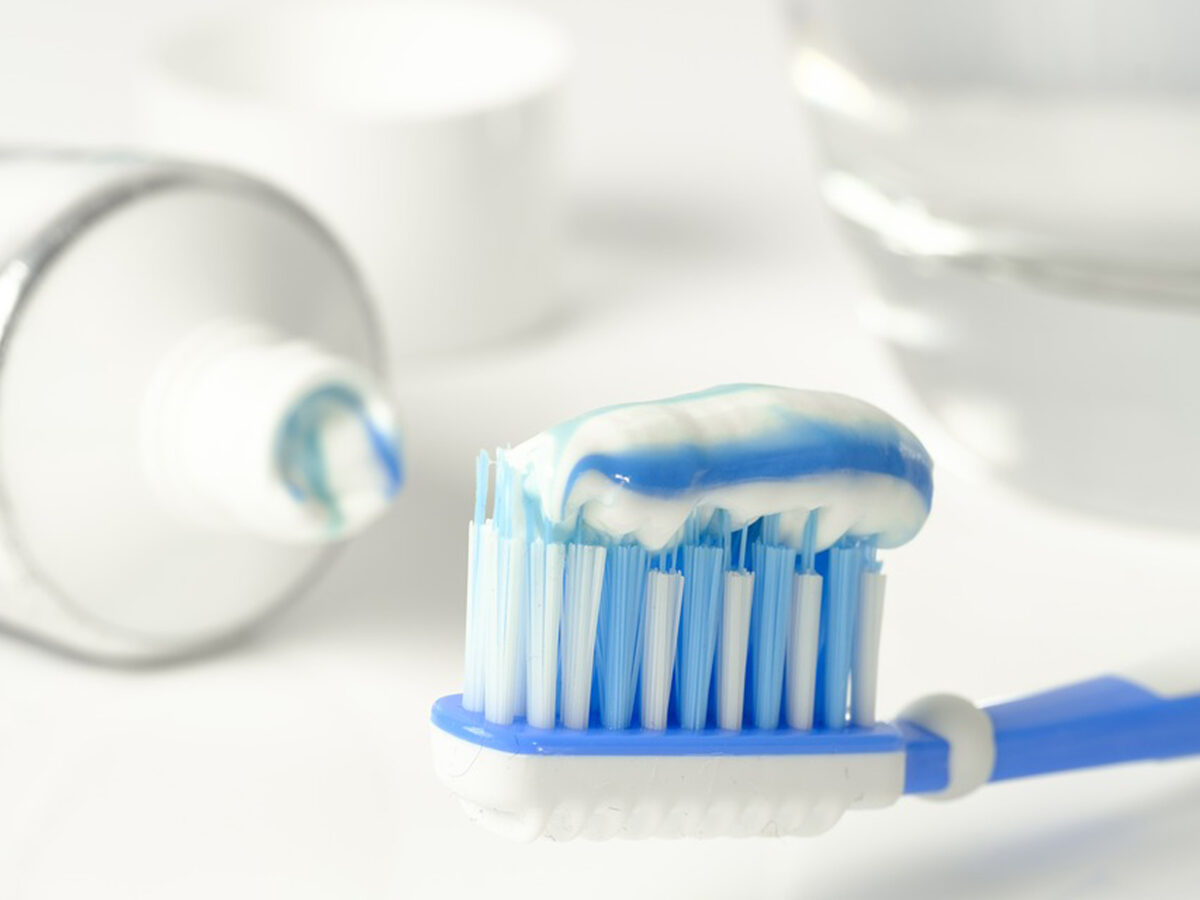Blog
Dental hygiene tips for healthy teeth & gums

Is it okay to brush your teeth without toothpaste?
We all aspire to have glistening white teeth that are strong and healthy. But, the fact remains that immaculate dental aesthetics mandate an equally immaculate oral health regimen. It is vital to exercise prudence while managing dental health. Since early childhood, we are told that brushing is an unavoidable step for pristine teeth and gums. Thus, brushing our teeth with toothpaste has become a mundane part of our life for most of us. But, the looming question right now is whether we need toothpaste to brush our teeth or is it just a capitalist gimmick aimed at hiking our ‘personal items’ bill?
Can we brush our teeth without toothpaste?
Contrary to superficial assumptions, toothpaste is not a recent phenomenon. Historical records reveal that the first known toothpaste recipe dates back to the 4th century, wherein people used mint, pepper, salt, and Iris flowers to prepare a teeth cleansing paste. Written in Greek and on Papyrus, the recipe had an explanatory note claiming that it is a powder for clean and white teeth. Well, humanity has not looked back since then, with similar pastes produced by the Greeks, Persians, Europeans, and so forth. Lastly, Colgate introduced its first modern mass-produced toothpaste in 1873.
Unlike popular belief, using toothpaste is not mandatory while brushing our teeth. Brushing our teeth with a paste makes our mouth feel fresh and clean, but toothpaste is, in fact, an avoidable step. The greatest threat to our teeth and gums is dental plaque that accumulates after eating food and drinking liquids. Dental plaque is acidic and can wear down our precious tooth enamel, causing cavities. Excessive collection of plaque may also result in gum problems like gingivitis. But, studies show that we can remove dental plaque by simply brushing our teeth sans the toothpaste. Thorough and regular dry brushing, flossing and timely visits to the dentist are enough to keep our teeth and gums in a top-notch condition. For example, a study conducted by the American Dental Association (ADA) reveals that patients who brushed their teeth only using a toothbrush without paste saw a 63 per cent reduction in plaque buildup and a 55 per cent drop in bleeding.
Thus, we can affirm that toothpaste is an additive step rather than an unavoidable step in our daily oral hygiene regime.
When do you need toothpaste?
Tackling the most eminent dental issue – plaque – does not require toothpaste. But, there are certain situations when using toothpaste can be very helpful. If you want to get rid of bad breath, using toothpaste and mouthwash are your best bet. Furthermore, toothpaste contains a vital ingredient called fluoride that strengthens our tooth enamel and prevents cavities. Hence, if you want to specifically tackle caries, using toothpaste with high amounts of fluoride may prove beneficial. Lastly, mildly abrasive toothpaste can also assist in removing extrinsic teeth stains.
Regular preventive care, including visits to the dentist and professional cleaning, reduces the chances of serious dental problems by almost a hundred per cent.
Book Appointment to find out which treatment might be best for you.


